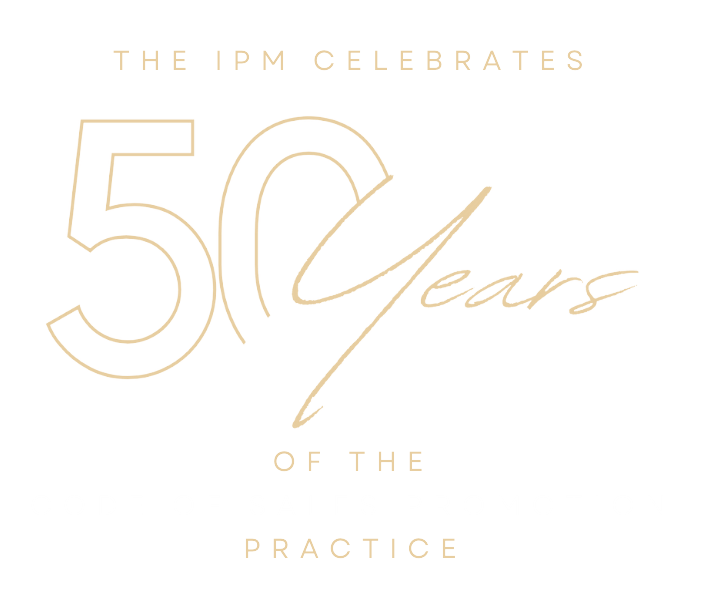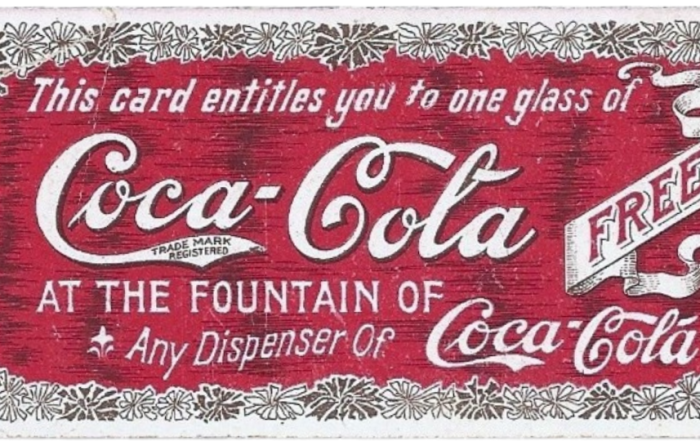We celebrate the fiftieth year of the Code of Sales Promotion Practice—a document that arguably forms the DNA of the IPM—examining its central role in the promotional marketing industry alongside the challenges and opportunities posed by digital advancements such as artificial intelligence. The Committee of Advertising Practice (CAP) Non-broadcast Code plays a crucial role in the self-regulatory system that governs marketing communications across the UK. Through the insights of IPM luminaries, such as Lord Black of Brentwood, and Manny Roberts, Regulatory Affairs Manager, we gain a deeper understanding of promotional marketing self-regulation.


We celebrate the fiftieth year of the Code of Sales Promotion Practice—a document that arguably forms the DNA of the IPM—examining its central role in the promotional marketing industry alongside the challenges and opportunities posed by digital advancements such as artificial intelligence.
The Committee of Advertising Practice (CAP) Non-broadcast Code plays a crucial role in the self-regulatory system that governs marketing communications across the UK. Through the insights of IPM luminaries, such as Lord Black of Brentwood, and Manny Roberts, Regulatory Affairs Manager, we gain a deeper understanding of promotional marketing self-regulation.

The First Code of Sales Promotion Practice was established in 1974 to ensure that the mechanics of marketing promotions were covered under the governance of self-regulation. Written by CAP and regulated by the ASA, Section 8 of the Non-broadcast Code serves as the bedrock for all non-broadcast advertisements, sales promotions, and direct marketing. Deeply ingrained in the IPM’s DNA, it serves to provide clear guidance on the running of promotions in the United Kingdom (UK). As a key voice on the CAP committee, the IPM plays an instrumental role in representing the promotional sector and shaping the self-regulatory architecture that supports the health and integrity of the wider advertising industry. Marking this significant chapter in the history of the IPM and the CAP Code, Graham Temple, a member of the IPM Board and former Chairman, reflects on this milestone with Lord Black of Brentwood.
The First Code of Sales Promotion Practice was established in 1974 to ensure that the mechanics of marketing promotions were covered under the governance of self-regulation. Written by CAP and regulated by the ASA, Section 8 of the Non-broadcast Code serves as the bedrock for all non-broadcast advertisements, sales promotions, and direct marketing. Deeply ingrained in the IPM’s DNA, it serves to provide clear guidance on the running of promotions in the United Kingdom (UK). As a key voice on the CAP committee, the IPM plays an instrumental role in representing the promotional sector and shaping the self-regulatory architecture that supports the health and integrity of the wider advertising industry. Marking this significant chapter in the history of the IPM and the CAP Code, Graham Temple, a member of the IPM Board and former Chairman, reflects on this milestone with Lord Black of Brentwood.


News
Zeroing In on the Future of Agency Staffing as the Employment Rights Bill Reaches Committee Stage
As debate around zero-hour contracts continues, the Employment Rights Bill moves one step closer to becoming law.
IPM Awards 2025 Entries Now Open!
Do you have an outstanding campaign capable of winning a coveted IPM Award? Showcase your creativity, innovation, and results by entering the 2025 IPM Awards.
Redeeming the Past, Present, & Future of Couponing
Peter Kerr takes you on a journey through the ebbs and flows of couponing—its meteoric rise, challenges with misuse, and exciting renaissance.
News
Zeroing In on the Future of Agency Staffing as the Employment Rights Bill Reaches Committee Stage
As debate around zero-hour contracts continues, the Employment Rights Bill moves one step closer to becoming law.
IPM Awards 2025 Entries Now Open!
Do you have an outstanding campaign capable of winning a coveted IPM Award? Showcase your creativity, innovation, and results by entering the 2025 IPM Awards.
Redeeming the Past, Present, & Future of Couponing
Peter Kerr takes you on a journey through the ebbs and flows of couponing—its meteoric rise, challenges with misuse, and exciting renaissance.






